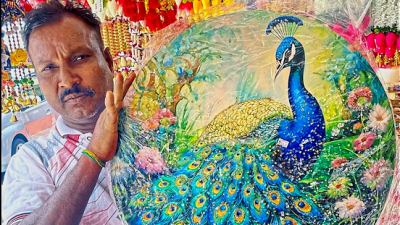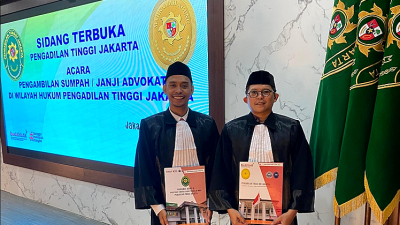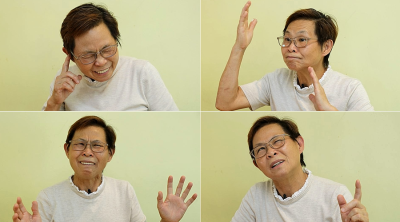
These untranslatable gems capture subtle shades of feeling and etiquette, offering outsiders a glimpse into the heart of “Thainess.”
Feelings that don’t quite exist in English
One of the most common yet puzzling words for foreigners is งอน (ngaawn). It describes the sulky, slightly resentful mood one might feel toward a loved one. It’s not quite anger, nor is it mere disappointment.
Think of a partner who ignored you at dinner, your reaction would be to “ngaawn,” holding a gentle grudge without outright confrontation.
Closely related is น้อยใจ (náuy-jai), which conveys quiet sadness or hurt when someone close neglects you. It’s not loud or dramatic; it’s the silent pain of feeling overlooked.
A child whose mother dotes on a sibling might feel náuy-jai, a word English struggles to capture.
Politeness as a way of life
Another word woven into daily Thai interactions is ไม่เป็นไร (mâi bpen rai). Heard everywhere, it literally means “never mind” or “no worries.”
Whether brushing off an apology or softening a refusal, it reflects a national inclination toward harmony and politeness.
A bump on the street, a late reply, even a missed appointment, all can be smoothed over with a simple mâi bpen rai.
Then there’s เกรงใจ (greeng-jai), a uniquely Thai sense of consideration. It’s the reluctance to trouble others, even when they are willing to help.
Turning down a friend’s generous offer to buy a souvenir because you don’t want to inconvenience them is pure greeng-jai.
Far from weakness, it is seen as a noble trait in Thai culture.
Emotions caught between envy and regret
Equally fascinating is หมั่นไส้ (màn-sâi), a playful mix of annoyance and envy.
Imagine scrolling through social media, watching someone flaunt their holiday snaps, you don’t hate them, but you màn-sâi. It’s irritation tinged with envy, all in one neat word.
Finally, เสียดาย (sǐia-daai) captures a feeling more complex than regret. It is the bittersweet sadness of missing out on something within reach.
Losing a close competition, missing a chance encounter, or seeing an opportunity slip away are all moments of sǐia-daai.
A window into Thai culture
Together, these expressions reveal the layers of Thai emotional life, politeness, harmony, subtlety, and sensitivity to others.
They show how Thais navigate relationships with delicacy, balancing feelings with cultural expectations.
For language learners, mastering these words is not just about vocabulary.
It’s about understanding the Thai way of life, where emotions are expressed in shades, not absolutes.
ADVERTISEMENT
ADVERTISEMENT








































